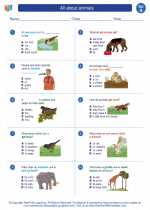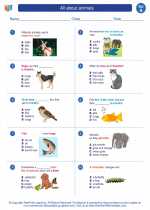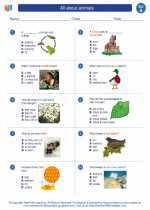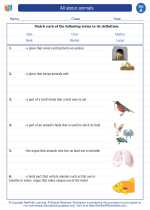What is Paleontology?
Paleontology is the scientific study of prehistoric life. It involves the study of fossils to understand the history of life on Earth, the evolution of species, and the interactions between ancient organisms and their environments.
Fossils
Fossils are the preserved remains or traces of ancient organisms. They can be found in rocks, sediment, or ice, and provide valuable information about past life forms and ecosystems.
Types of Fossils
- Body Fossils: These are the actual remains of organisms, such as bones, teeth, shells, and soft tissues.
- Trace Fossils: These are evidence of ancient life activities, such as footprints, nests, burrows, and feces.
Methods of Study
Paleontologists use a variety of scientific techniques to study fossils and reconstruct ancient life forms. These methods include fossil excavation, preparation, dating, and analysis of biological and environmental data.
Importance of Paleontology
Studying paleontology helps us understand how life has evolved over millions of years, how past organisms adapted to changing environments, and how mass extinctions have shaped the diversity of life on Earth.
Famous Paleontologists
Some notable paleontologists include Mary Anning, who made significant fossil discoveries in the 19th century, and Robert Bakker, known for his work on dinosaur biology and evolution.
Conclusion
Paleontology provides valuable insights into the history of life on Earth and the processes that have shaped the planet's biodiversity. By studying fossils, paleontologists continue to uncover new information about the ancient world and its inhabitants.
.◂Science Worksheets and Study Guides First Grade. All about animals

 Worksheet/Answer key
Worksheet/Answer key
 Worksheet/Answer key
Worksheet/Answer key
 Worksheet/Answer key
Worksheet/Answer key
 Worksheet/Answer key
Worksheet/Answer key
 Vocabulary/Answer key
Vocabulary/Answer key
